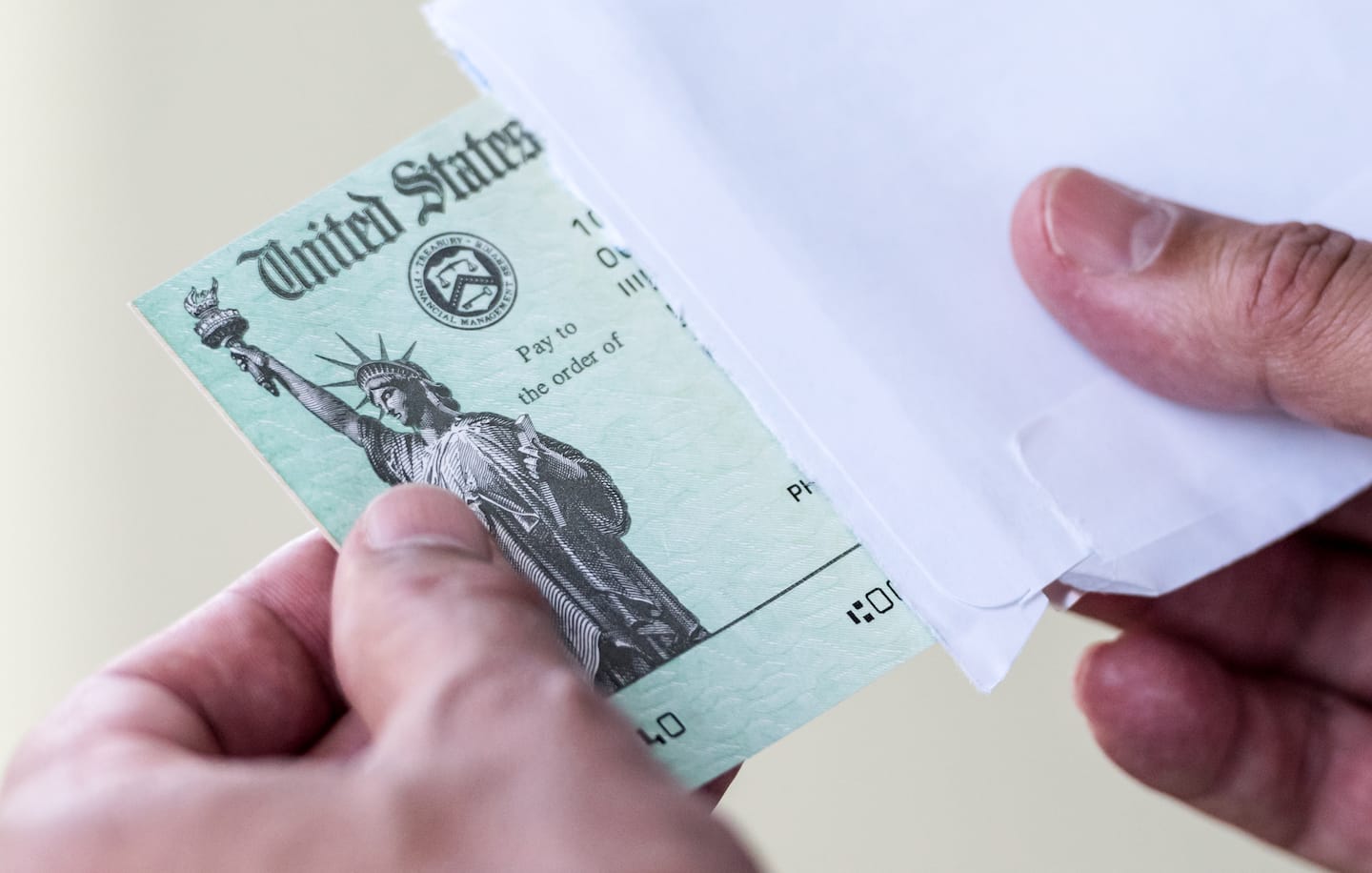The IRS is looking to send $1.3 billion in refunds for people who didn’t file a 2017 return

“We want to help people get these refunds, but they will need to quickly file a 2017 tax return,” IRS Commissioner Charles Rettig said.
Filers have extra time to claim the refunds because the tax deadline has been extended from April 15 to May 17. The IRS estimates the median or midpoint for the potential refunds for 2017 to be $865.
Live in Alaska and didn’t file for 2017? The median potential refund is $960. In Maryland and Virginia, it’s $872 and $827, respectively. In the District, it’s $878. Massachusetts has the largest median refund at $978.
By law, taxpayers have three years to claim a refund. So May 17 is the last chance to get your money for the 2017 tax year. Filing may also open the door to the earned-income tax credit (EITC) for low- and moderate-income workers. For 2017, the credit was worth as much as $6,318, the IRS points out.
“Even though the May 17 deadline is still a month off, that’s not much time when you’re looking at making sure you have the old records you need,” IRS spokesman Eric Smith said.
If 2017 W-2s or other documents are missing, contact employers, banks or other businesses now. “If subsequent back-year returns, that is, 2018 and 2019 returns, are also unfiled, be sure to file them soon as well,” Smith said. “The 2017 refund will be delayed if there are missing returns for those subsequent years. Electronic filing is not available for these back-year returns. Be sure to mail each return to the IRS in a separate envelope.”
And what happens, you may wonder, to the money if people miss the deadline? It goes to the Treasury Department.
Here are some additional tax issues you should be aware of as the filing deadline approaches.
Estimated taxes. The IRS has not extended the deadline to pay estimated taxes. That due date for the first quarter of 2021 is still April 15. However, gig workers or the self-employed, who are not incorporated, still have until May 17 to file and pay for 2020.
Coronavirus relief and the premium tax credit for health insurance. If you use a premium tax credit to help pay for health coverage, you should know that the IRS has suspended the requirement to repay excess advance payments for 2020.
The premium tax credit is a refundable credit designed to help eligible individuals and families with low or moderate income afford health insurance purchased through the Affordable Care Act health insurance marketplace, also known as the exchange.
People can use the credit in advance of filing their federal tax returns. How large a credit they get is based on a sliding scale that takes into account family size and projected household income. When people enroll for marketplace insurance, they can choose to apply all or some of the credit to their monthly premium paid to the insurance company to lower what they owe. This is referred to as an advance payment of the premium tax credit (APTC).
If they end up earning too much, however, they could owe the government when they file their tax return. That happens every year. But in 2020, many workers found themselves with larger tax bills because extra coronavirus-related unemployment payments increased their income.
But under the American Rescue Plan enacted in March, excess payments owed for the advance premium tax credit were suspended for last year.
The IRS says taxpayers who have already filed their 2020 tax returns and who have excess APTC do not need to file an amended tax return or contact the IRS. The agency will reduce what they owe to zero with no further action needed. The IRS said the agency will reimburse people who have already repaid any excess advance premium tax credit.
The agency has posted a fact sheet about the suspension and refunds at irs.gov. Search for “More details about changes for taxpayers who received advance payments of the 2020 Premium Tax Credit.”
Unemployment. Many people don’t realize that unemployment compensation is subject to federal taxation. The last stimulus package, signed into law by President Biden on March 11, removed the federal taxability of unemployment benefits up to $10,200 for individuals and $20,400 for married couples filing jointly. To get the tax break, your modified adjusted gross income has to be less than $150,000.
One reader wanted to know what happens if a state was late in paying the benefits. She wrote: “I did not receive my 13 weeks of eligible extended benefits for the time period covering late April 2020 to early September 2020 until February 2021, due to the backlog of unemployment claims. Will unemployment compensation monies that were for weeks in 2020 but not paid until 2021 still be eligible for this relief?”
Unfortunately, no, the exclusion applies only to unemployment benefits received in 2020, according to Smith.
As I’ve recommended to a lot of people, bookmark irs.gov. This has been a challenging tax season. You should regularly visit the agency’s website to keep up with issues that may affect your particular situation.






